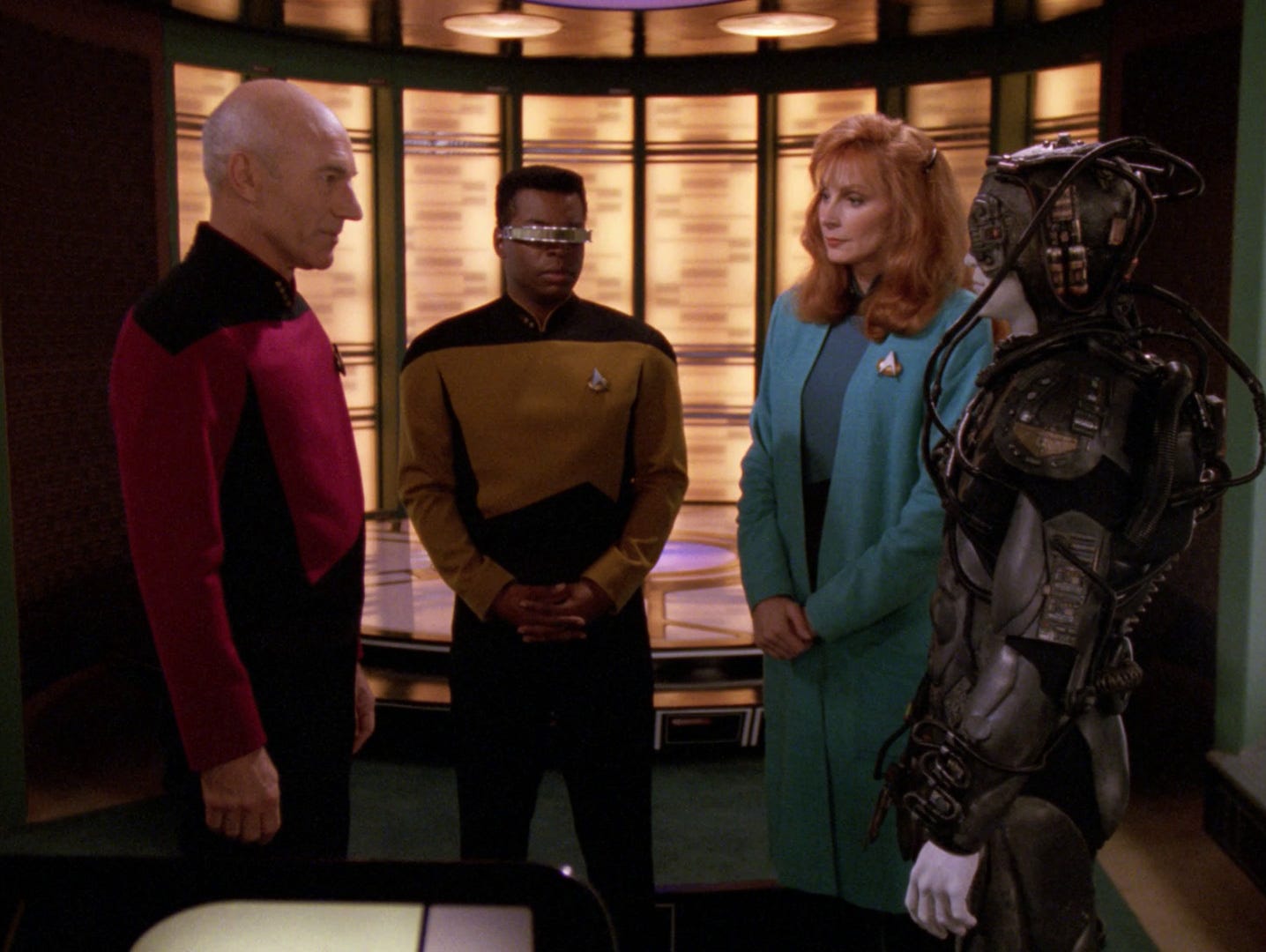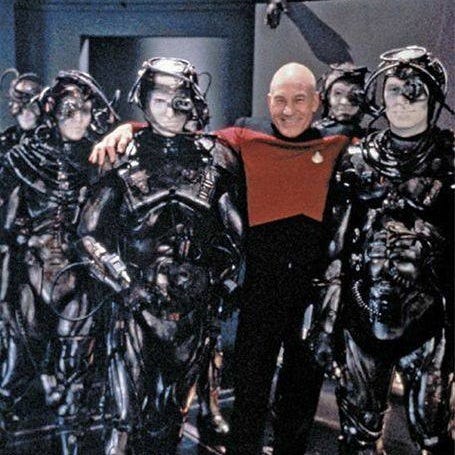Why is it bad to be an asshole?
Because you might be wrong. In which case you’re wrong and an asshole.
This sentiment was framed gorgeously by Abraham Lincoln (classic) when he sought to persuade the South not to secede:
Before entering upon so grave a matter as the destruction of our national fabric, with all its benefits, its memories, and its hopes, would it not be wise to ascertain precisely why we do it? Will you hazard so desperate a step while there is any possibility that any portion of the ills you fly from have no real existence? Will you, while the certain ills you fly to are greater than all the real ones you fly from, will you risk the commission of so fearful a mistake?
Abe says, Don’t send the risky text. It is 11 AM. You do not have to “go goblin mode.” Have you eaten? I’m—I know; but have you? Eaten.
I have ignored the living shit out of this wisdom more times than I care to recall.
I’d like to tell you that I’ve never smugly corrected someone on the definition of a word. Especially not a word like “nonplussed.” But I have, more than once, even as I tried to launder my smugness with semi-neurotic delivery.
“Nonplussed sounds like it should mean relaxed, chill, blasé. But really it means the opposite. Weird, I know! Honestly, I just try to avoid the word entirely. Because of people like me.”
Not great. Especially using “blasé” in the definition. To quote the indispensable Chris Onstad, did I learn that word at talk like a dick school? Frankly, yes. (So that’s what “Vox clamantis in deserto” means.)
It gets worse.
Imagine my delight last year when, entering grad school, I gained access to the Oxford English Dictionary online. The OED, as it’s affectionately known, is the definitive standard—and the only dictionary tracing English usage over the last 1,000 years. The ultimate settler of arguments. (It’s got “Oxford” in the title!)
Honest to god, the very first word I looked up was “nonplussed.” Which is when my pain began. OED:
nonplussed, adj.: 2. Not disconcerted; unperturbed, unfazed.
Cut to “Only Time” by Enya. Whooo cann saaay where the roaaad goes—
TO BE FAIR. There’s a usage note in tiny font: “Often regarded as erroneous.”
Which is no help. You could drive a truck through the opening provided by that qualifier. I know I would. “Often.” Not always. Not even usually! More Enya.
The usage note continues:
“See discussion in etymology.”
It’s too late for discussion. It might as well say “See yourself in the mirror, if you can stand it.”
(Technically, OED’s definition 1 for nonplussed—“perplexed, confounded”—supports my original understanding. But I’m not trying to ruin social occasions by offering alternative definitions. I’m trying to ruin social occasions by erasing other people’s understanding and replacing it with mine helping people learn.)
I had one more chance at redemption.
Another word I’ve terrorized people about is “peruse” (v.), as in Peruse the menu so we can order. You often hear it as a synonym for “glance at” or “skim.” Having patiently eagerly explained that “peruse” actually means “read carefully,” it was the next word I typed into the OED.
And:
Peruse, v.: 4. To browse, skim.
🥲
It’s poetic justice in more ways than one.
When I was in elementary school, a classmate had one of those Franklin Spellers—a handheld electronic dictionary, dark grey plastic like a TI-83.
I sat next to that classmate and I became her enemy. I had a real dictionary, a pocket-size book.
When a word needed to be looked up, she and I would race. Analog versus digital. Me sweating with my ancient technology like a Fischer-Price John Henry. I usually lost. Usually, but not always. In this way I came to be called Dictionary Boy.
If I ever get a lower back tattoo it will say Remember the 90s.
See you this weekend, dear friends. With love, from Dictionary Boy.




